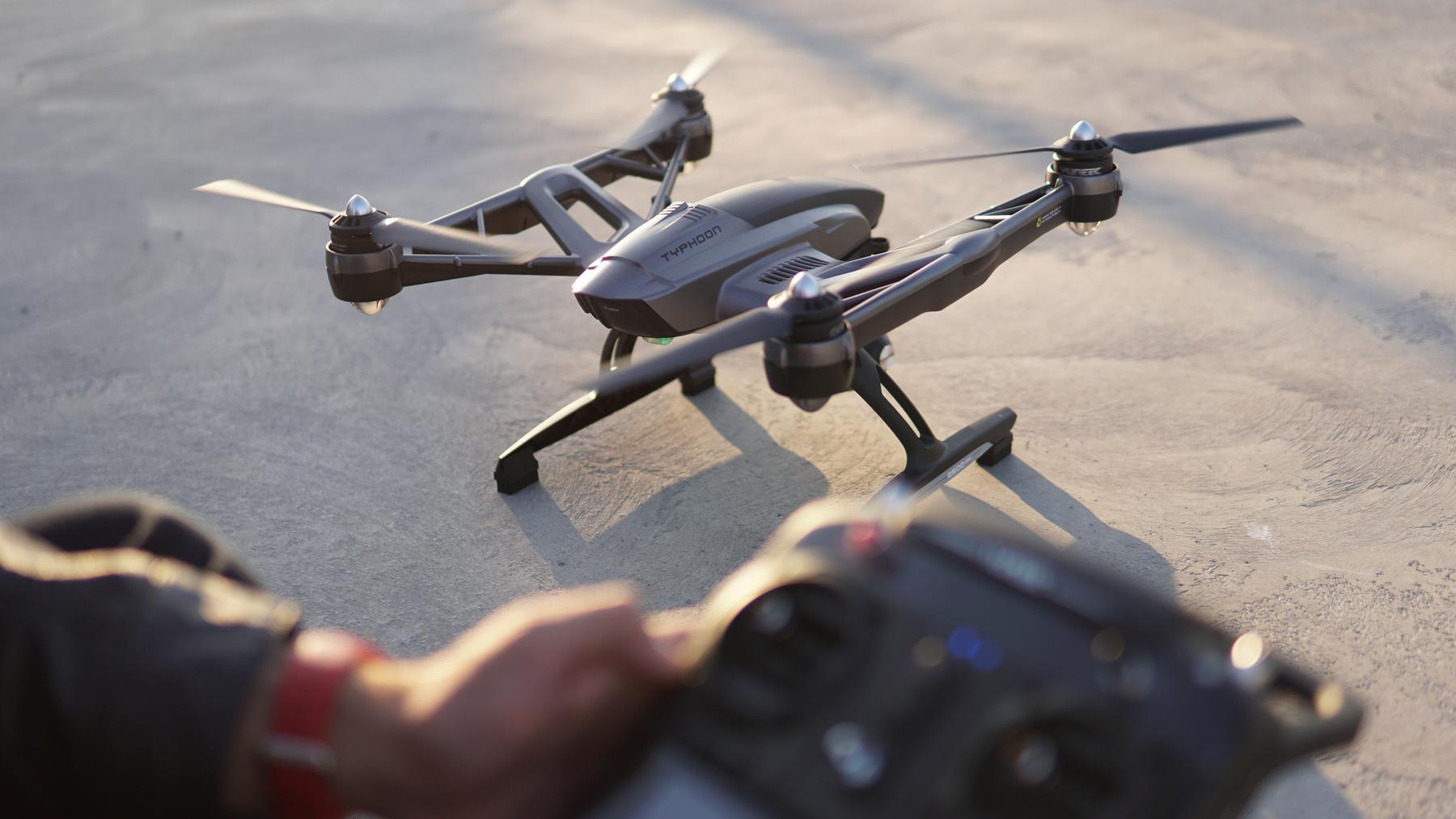When considering operating a drone, it’s essential to understand the licensing requirements that may come into play. The question on many aspiring drone pilots’ minds is, “Do I need a license to fly a drone?” The short answer is that it depends on the drone’s use. The FAA (Federal Aviation Administration) sets regulations that dictate when a license is required. These rules ensure that drone operations are safe for both the pilot and the general public.
For hobbyists who fly drones recreationally, a license isn’t typically needed as long as certain conditions are met. You must ensure the drone is under 55 pounds, avoid flying over 400 feet, and steer clear of restricted areas like airports and stadiums. Registering the drone with the FAA is mandatory if it weighs more than 0.55 pounds but less than 55 pounds. Following the model aircraft guidelines also enhances safe flying practices.
Commercial Drone Operations

Commercial drone operations, however, are a different story. If you’re using a drone for profit or business activities, then you do indeed require a license. This license comes in the form of obtaining the Part 107 Remote Pilot Certificate. The process of getting this certification involves passing an aeronautical knowledge test. Preparing for this test involves studying topics like weather, airspace classification, and FAA regulations.
Steps to Get Certified
- Register for the aeronautical knowledge test at an approved testing center.
- Study using FAA resources and study guides designed for Part 107.
- Take the test and achieve the required passing score.
- Apply for the Remote Pilot Certificate through the FAA’s Integrated Airman Certification and Rating Application (IACRA) system.
If you successfully pass the test, you’ll receive your certification, allowing you to conduct operations legally. In addition to the initial testing, pilots must remain aware of changing regulations and perform regular checks to ensure compliance.
Understanding Drone Types
Various types of drones might necessitate different considerations regarding licensure. Small drones often align with recreational usage, whereas larger drones might require special permissions or registrations especially if used for commercial endeavors. Knowing the category your drone falls into and matching it with corresponding FAA requirements is crucial.
Benefits of Certification
Getting a drone license not only ensures compliance but also instills confidence in your operational capabilities. With a proper understanding of airspace rules and procedures, pilots can maneuver their drones efficiently, minimizing risk and maximizing productivity. Furthermore, holding a license might open doors to professional opportunities in fields such as photography, surveying, or agriculture.
FAQ
Do I need a license for hobby flying? No, a license is not required for recreational flying, but adhering to FAA guidelines and registering your drone is necessary.
How long does it take to get a commercial drone license? After studying for and passing the aeronautical test, obtaining your Remote Pilot Certificate can take a few weeks depending on the volume of applications being processed.
Can I fly a drone over my neighborhood legally? Flying a drone over residential areas should be conducted cautiously, observing privacy concerns and FAA regulations regarding airspace limitations.